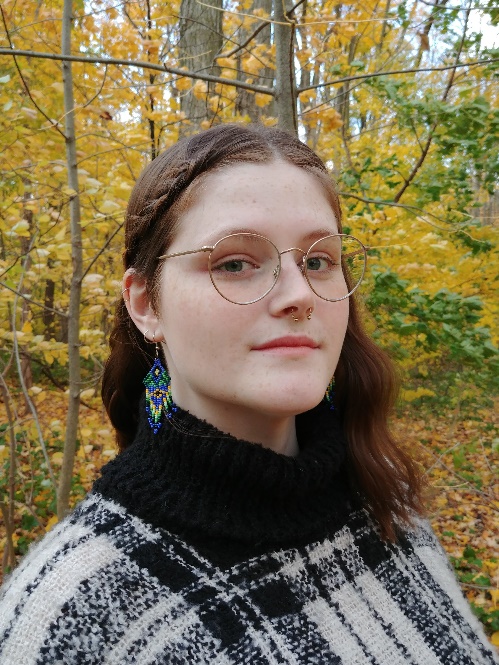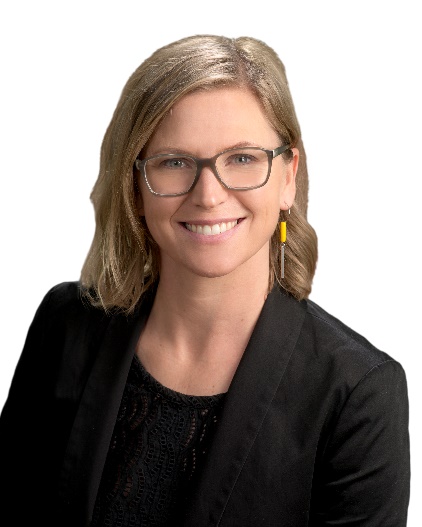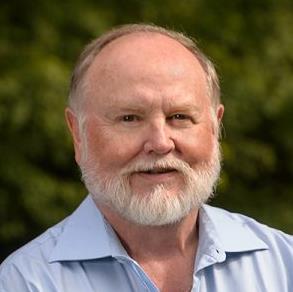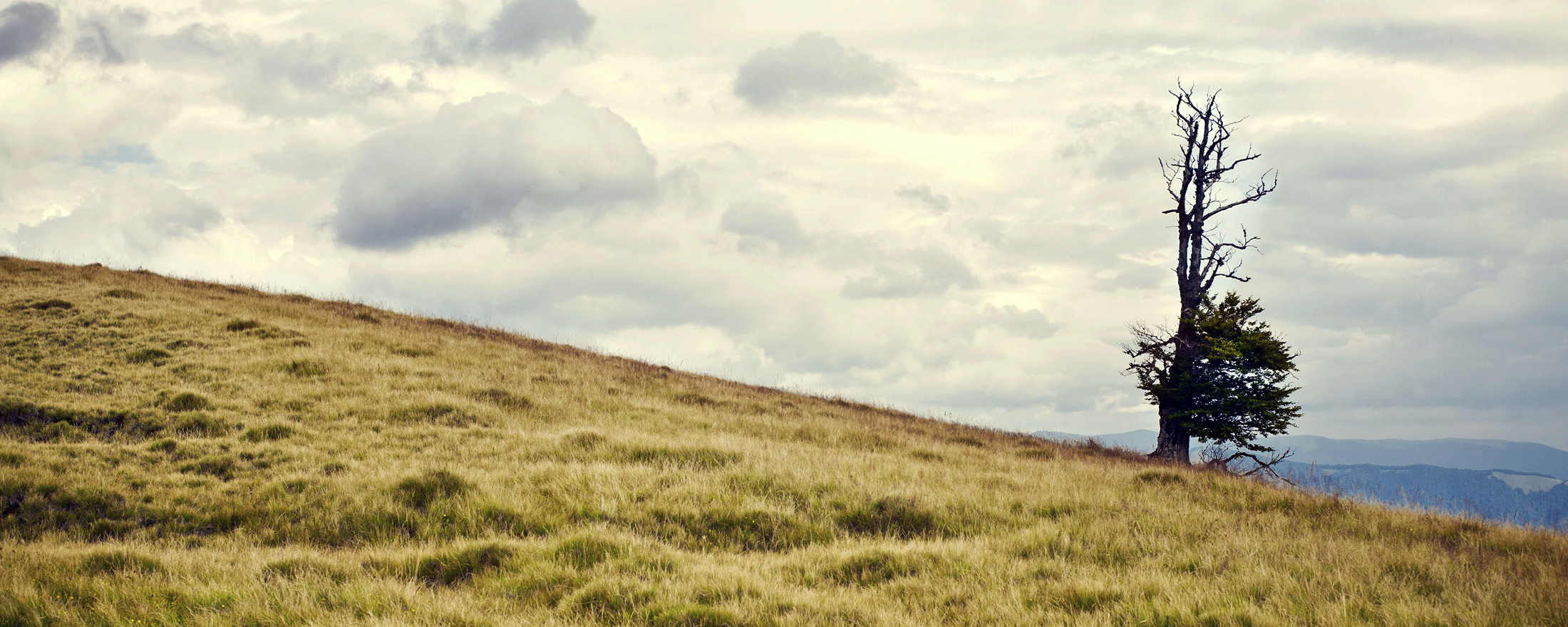This webinar will address:
What is Missing and Needed Based on Bill 197 Amendments?: Webinar II
Thursday, November 12, 2020 at 12:00 pm to 2:00 pm EST
- Role of Indigenous communities in EA
- Regional EAs
- Cumulative effects and climate change in EA
- Previous OAIA recommendations
Panelists
Jordan Bean
Jordan Bean, Masters of Environmental Sciences Candidate, University of Waterloo and recipient of 2020 OAIA Student Bursary and Ontario Impact Assessment Award for her paper entitled: Indigenous Partnerships in Impact Assessment: Towards Braided Collaboration. Jordan completed an undergraduate degree in Environment and Business and a certificate in Environmental Assessment. Jordan is currently pursuing a Master of Environmental Studies in Social and Ecological Sustainability and her research focuses on collaborative impact assessment between Indigenous and non-Indigenous authorities in Canada.

Dayna N. Scott
Dayna N. Scott was appointed as York Research Chair in Environmental Law and Justice in the Green Economy in 2018. She is cross-appointed with York’s Faculty of Environmental Studies and Urban Change. Professor Scott is a Co-Director of Osgoode’s Environmental Justice and Sustainability Clinic and a Co-Coordinator of the joint MES/JD program. Professor Scott joined Osgoode’s faculty in 2006 after completing a SSHRC Post-Doctoral Fellowship at McGill’s Faculty of Law and a Hauser Global Research Fellowship at New York University (NYU). Professor Scott’s research interests focus on contestation over extraction; exercises of Indigenous jurisdiction over lands and resources; the distribution of pollution burdens affecting marginalized communities and vulnerable populations; gender and environmental health; and the justice dimensions of the transition to a greener economy.

Lorne Greig
Lorne Greig began his career in 1974 as a Fisheries Biologist and Systems Specialist at the Lake Huron Fisheries Assessment Unit. He joined ESSA in 1982 where for 30+ years he focused on adaptive management, decision analysis, conceptual and simulation modelling of human-environment interactions, and environmental management policy. Cumulative effects assessment (CEA) has been a natural and essential component of his work, including the provision of CEA advice to regulators, proponents and the Joint Review Panel for the Mackenzie Gas Project.

Webinar II Resources
Our Thanks to all the Panelists, Facilitators, and the Production Team
In recognition of our presenters and their contributions to the 2020 Webinar Series, OAIA has made a donation to the Canadian Association of Physicians for the Environment (CAPE). The Canadian Association of Physicians for the Environment is a Canadian-based non-profit organization dedicated to environmental issues and their relationships to human health. During the COVID-19 pandemic, CAPE have developed a report focused on economic recovery and provided a series of webinars around human health and environmental stewardship.
2020 Webinar Series
This year’s Ontario Association for Impact Assessment (OAIA) conference is being replaced with a series of webinars on Modernizing Ontario’s Environmental Assessment Legislation – The Past, Present and Future. The webinar series is in response to Ontario’s recent proposals to modernize its Environmental Assessment Act (EAA). The series will examine Ontario’s assessment laws and policies through time, lessons learned, and recommendations for the future. Expert panelists will focus on EAA, specifically, history and trends, what is enacted, what is missing and needed, and what is next.
Webinars will occur from noon to 2 pm on November 5, 12, and 19, 2020
If you have any suggestions for next year’s conference theme, please contact us.
We look forward to welcoming your participation in this year’s OAIA webinar series.


